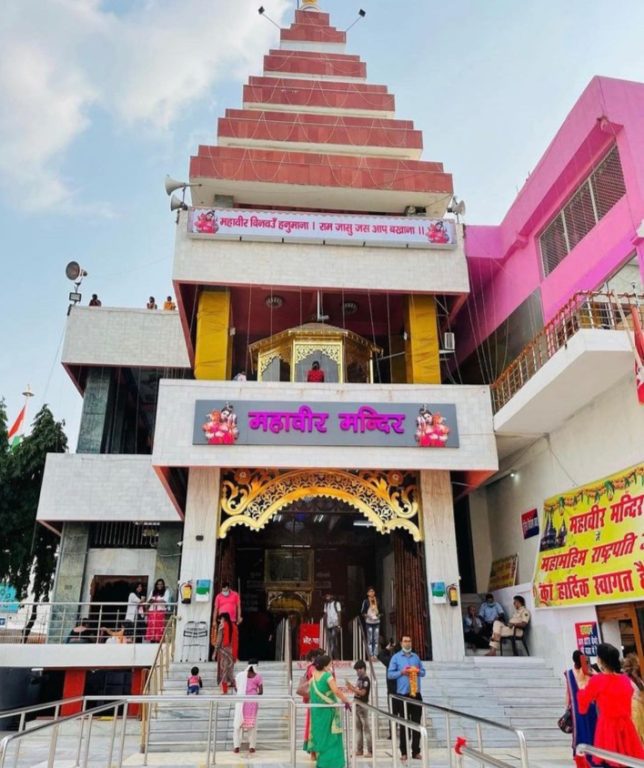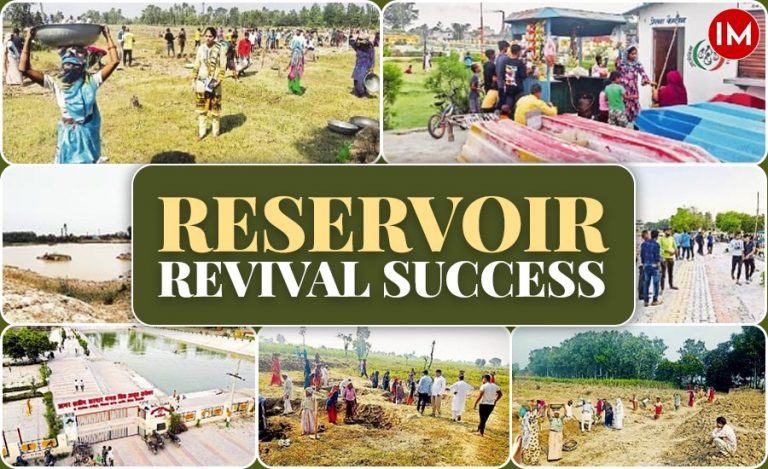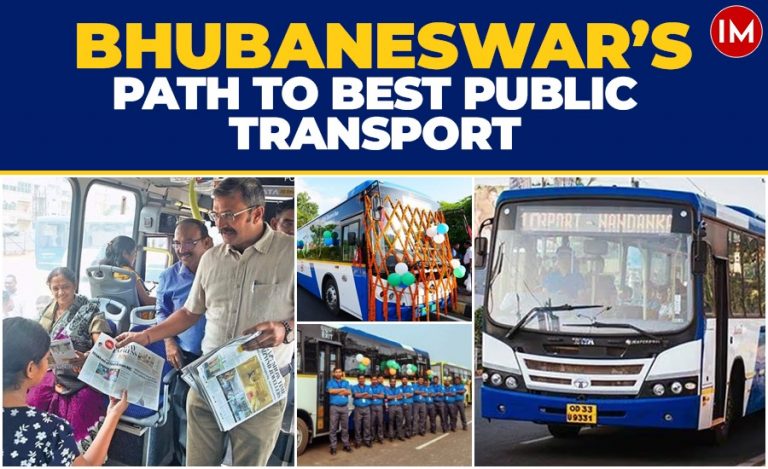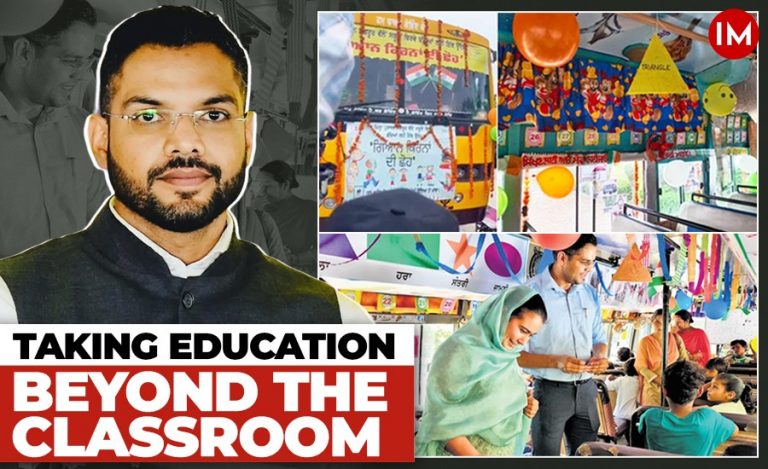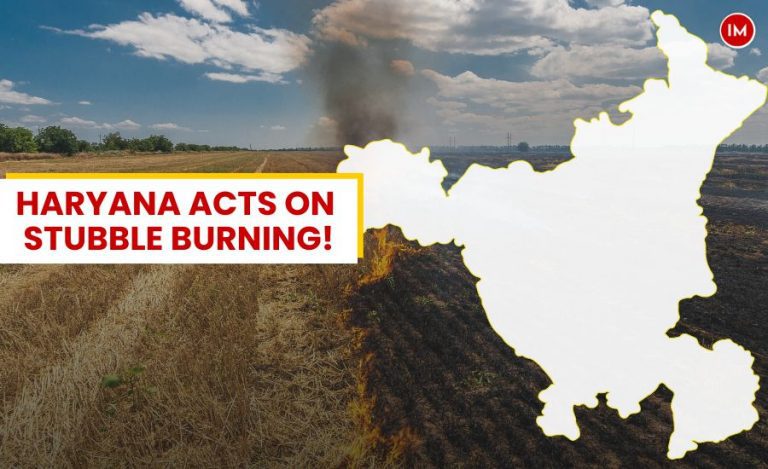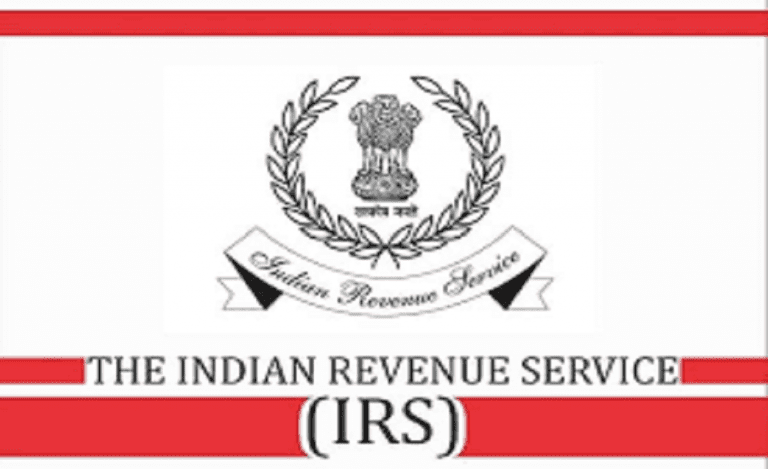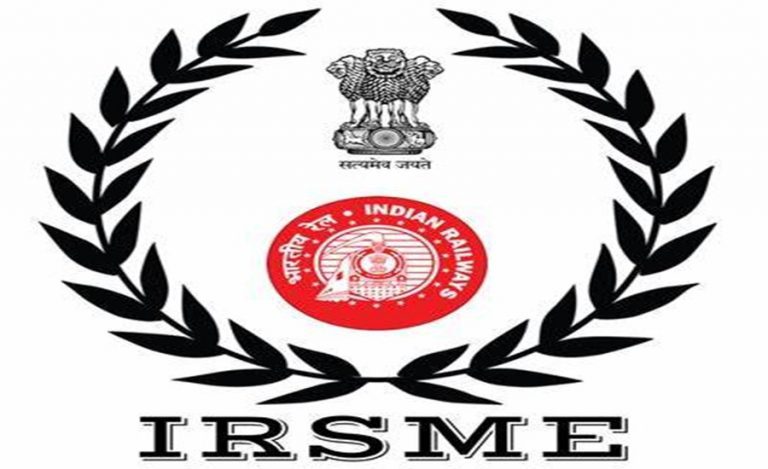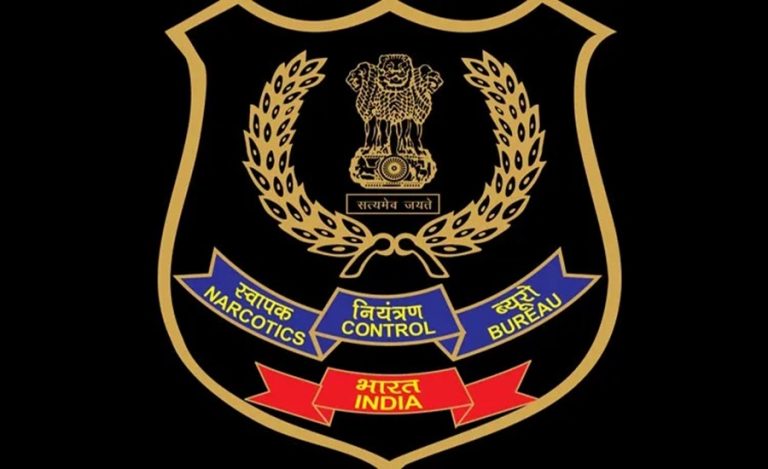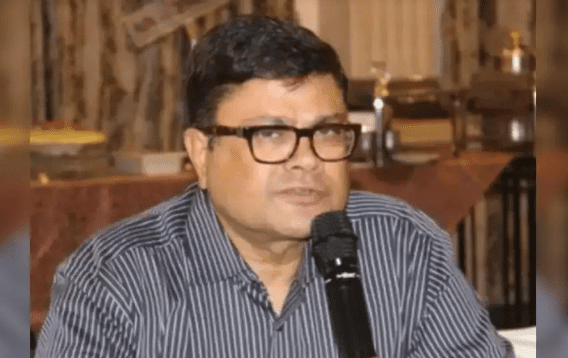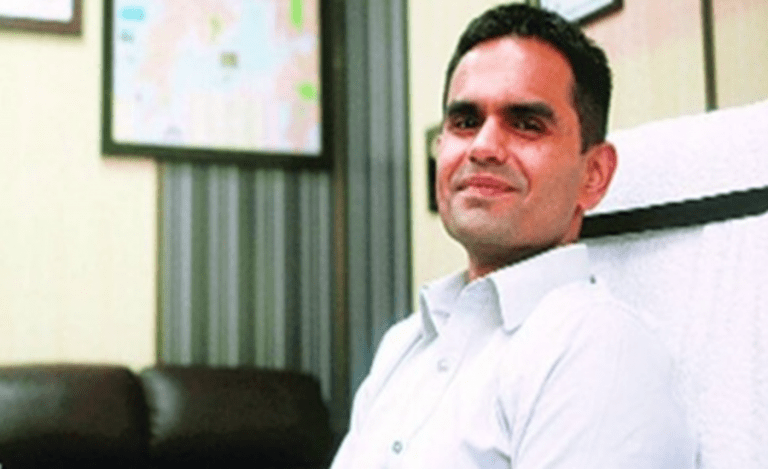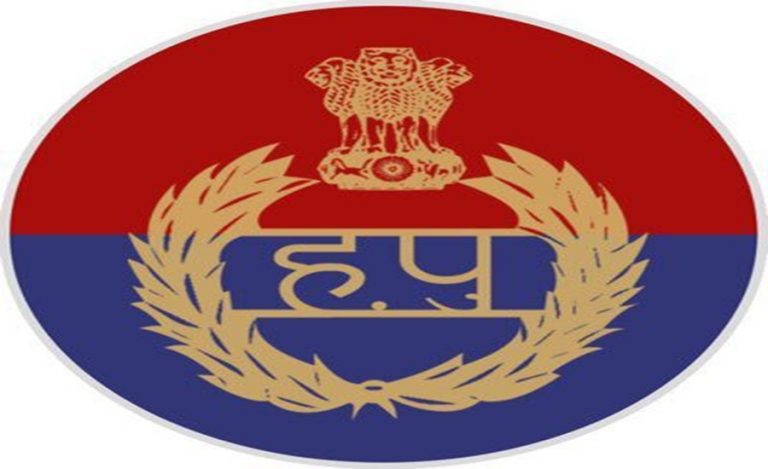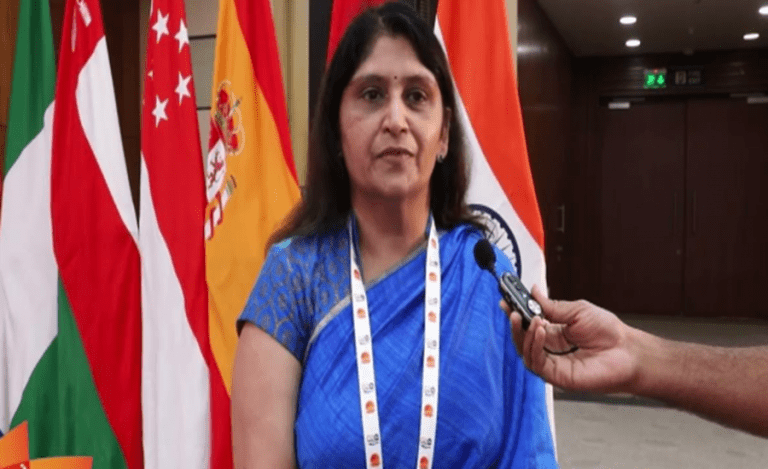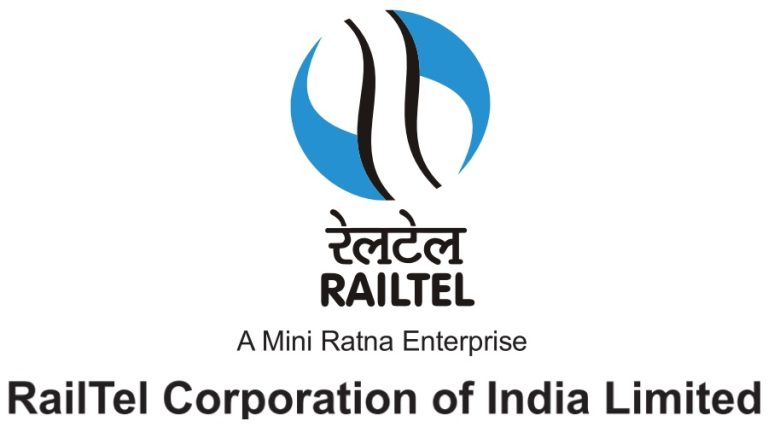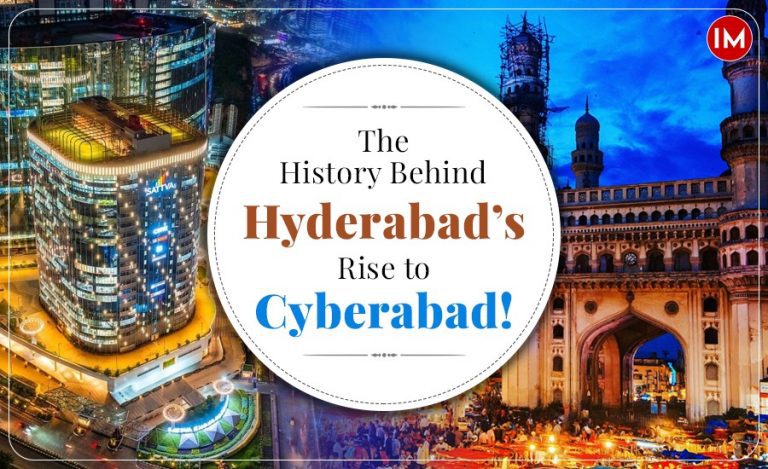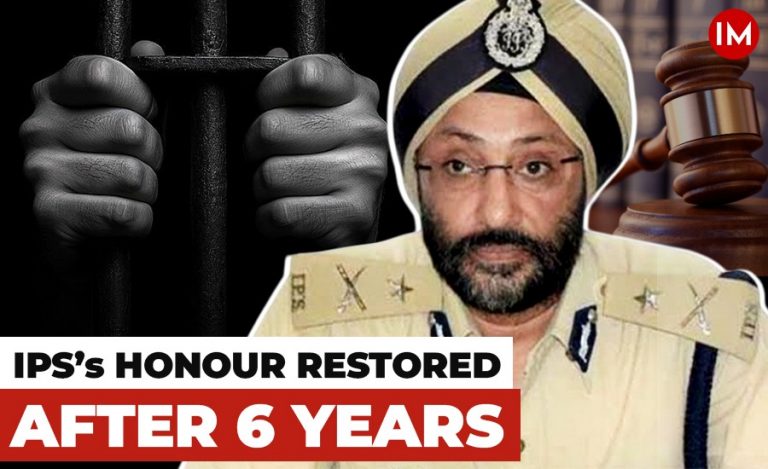Patna, the Bihar capital, which has not yet once made it to the top 20 cleanest cities in India, is gearing up to compete with five-time champion Indore. Or at least that is the plan as the Nitish Kumar government launched phase-2 of Lohiya Swachch Bihar Abhiyan (LSBA).
Under LSBA project, Patna has already topped the charts by managing its solid and liquid waste.
During a conversation with Indian Masterminds, DDC Patna Mr. Tanai Sultania spoke
about the project, the community effort, and the progress achieved so far.
Patna District recieved award for being top performer in LSBA(SBM-G) scheme in last 1 year in the state! Congratulations to the team for 2nd award in last 6 months under the leadership of our District Magistrate. @Chshekhar2010 @dm_patna @rahulias6 @LSBA_Bihar pic.twitter.com/mZq3OeMbzz
— TanaiSultania (@Tanai_IAS) April 20, 2023
CHANGE IN BEHAVIOUR
Mr. Sultania says Patna’s “mission clean” had to be started from the beginning.
Various teams were sent to Indore and Chennai just to observe their model. Then came implementation — some of these models were tried out in Patna and other cities in Bihar.
“One thing which was common in every cleaning project was public support,” said DDC Patna.
There was a need for awareness and behavioural change among the public, he added.
“Now we have one sanitation supervisor who visits people in each ward. All the BDOs, BPROs are on regular field visits. I too visit one panchayat and block each week,” says the
officer.
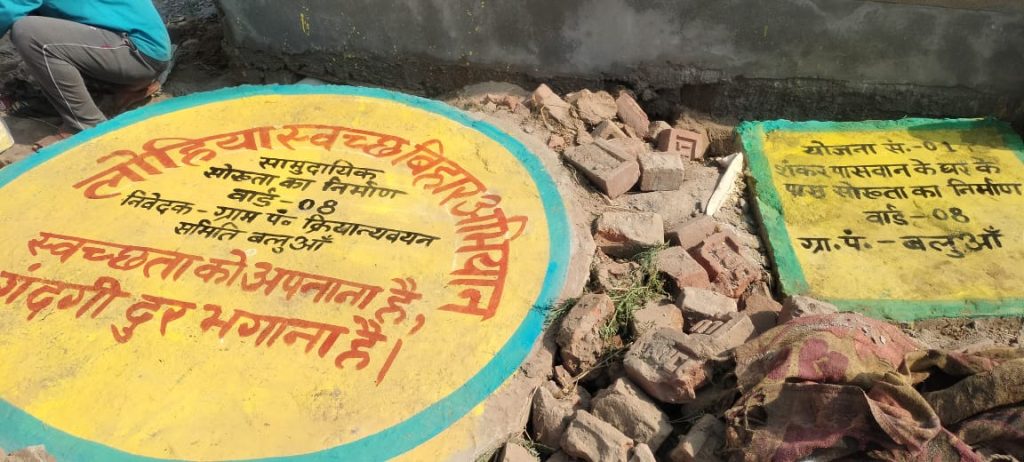
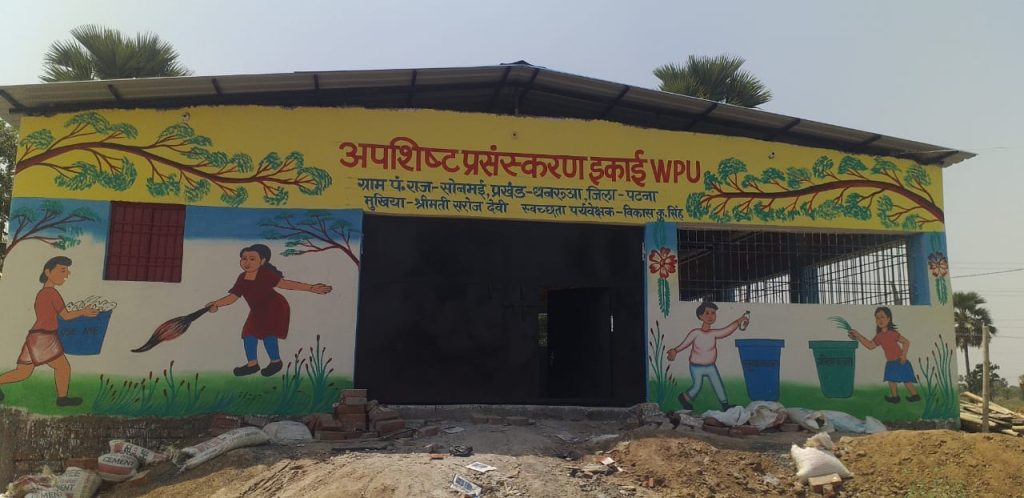
LSBA
The project is being managed at three levels — Gram Panchayat under Mukhiya, Block-level under BDO, and third at the District level under the District Magistrate.
Managing waste requires infrastructure and funds. For this, a joint account of Gram Panchayat Mukhiya & Panchayat and also at the Municipal-level has been created, besides, help from state finance commission funds.
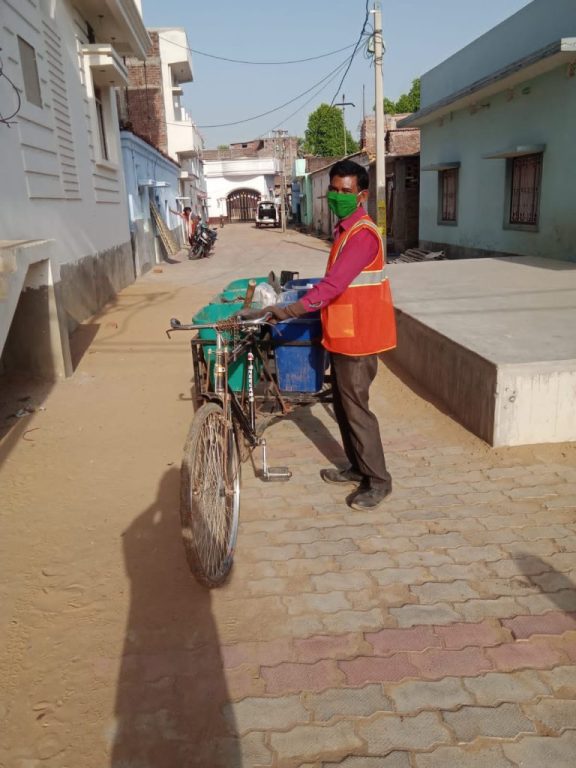
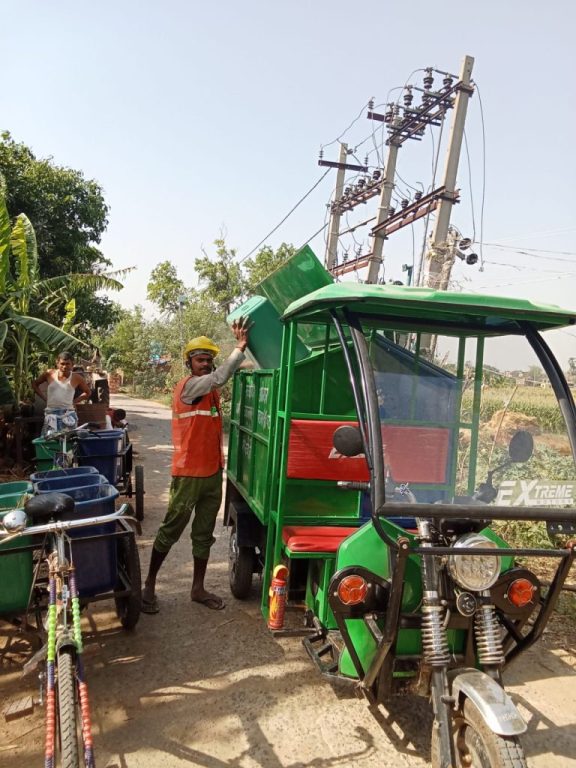
SOLID WASTE
For the management of solid waste, there is a Swachhta Karmi in each ward of
panchayat and municipality. Each household had been given one blue and one green dustbin.
The Swachhta Karmis collect the waste from wards and bring it to the panchayat processing.
Two personnel segregate the waste (glass, iron, plastic). The dry waste is put in the NADEP composting pit.
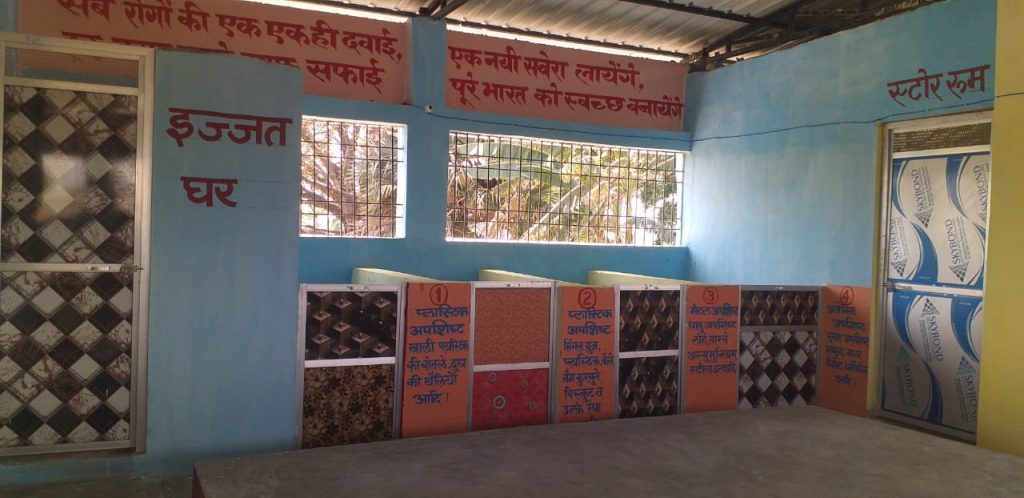
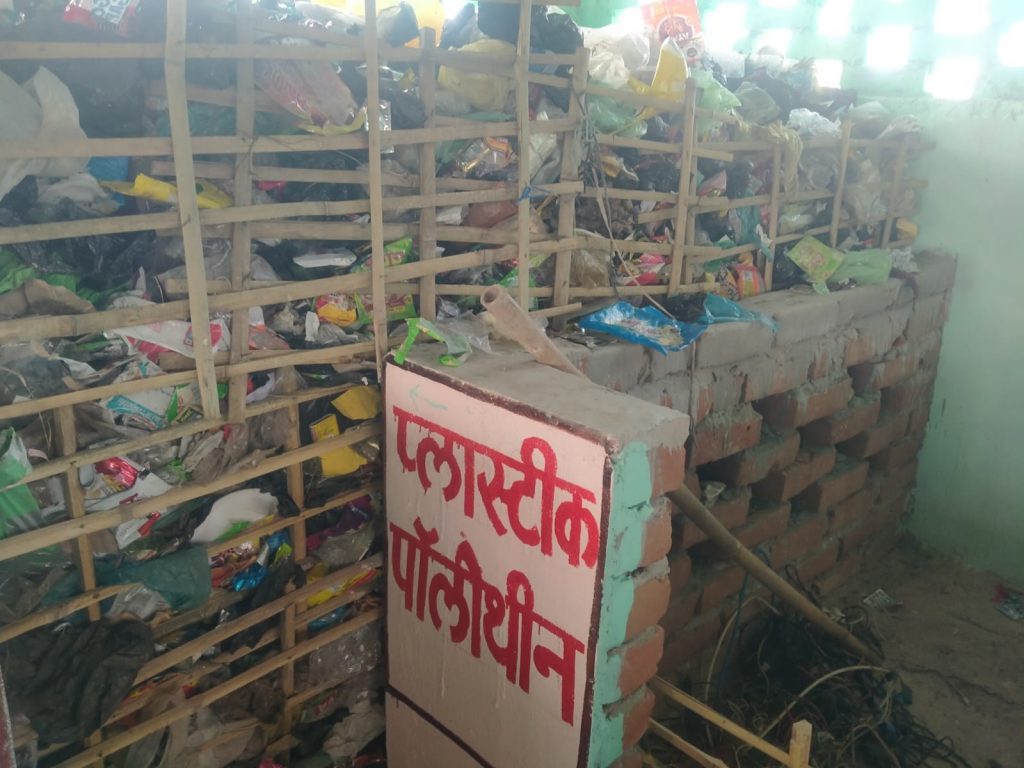
“Each waste processing unit has 3-4 such pits. The manure is sold to farmers,” said the officer.
Each block has six plastic waste management units. Each unit has three machines (baller, roller and crusher). Plastic is sold as raw material for highway construction and to the railways among others.
All 23 blocks will have such units soon, besides a Gobar Gas Plant in Patna that caters to 40 households, he added.
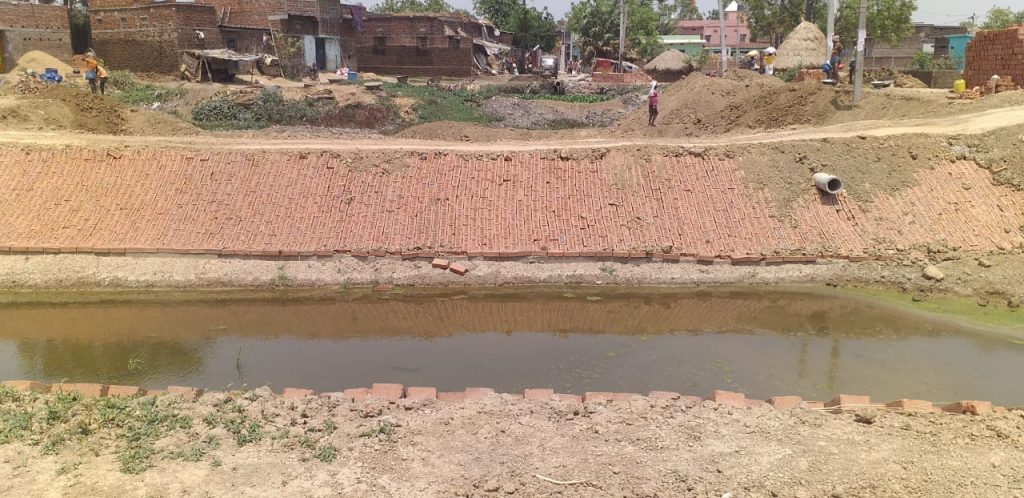
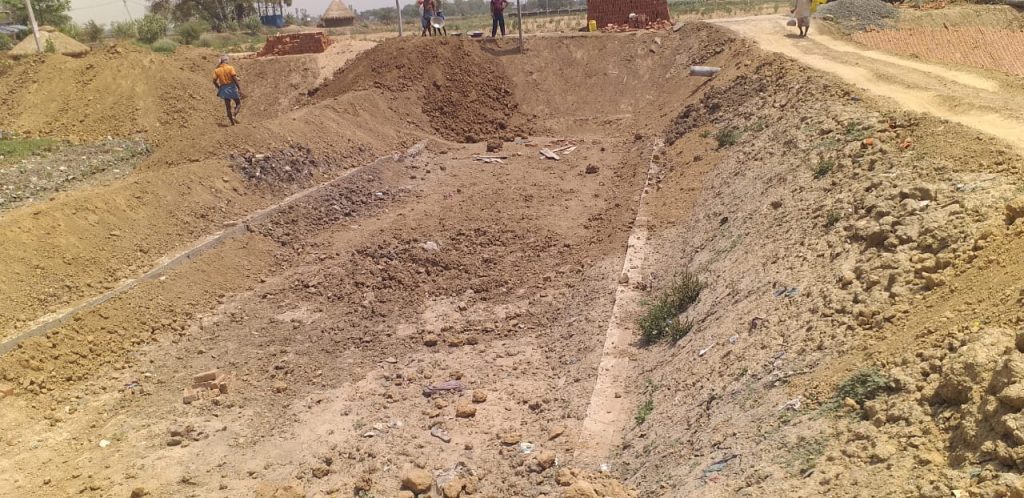
LIQUID WASTE
The panchayats are building soak pits, junction chambers and drainage outlet points.
The administration is also focusing on constructing water stabilization pond (set of three
consecutive ponds for settling the waste liquid), Mr. Sultania said. Currently, 167 of 301 panchayats in Patna have been covered under the LSBA. “Although the target is set for 2025 for the rest of 142 but I expect it by the end of this year,” he added.
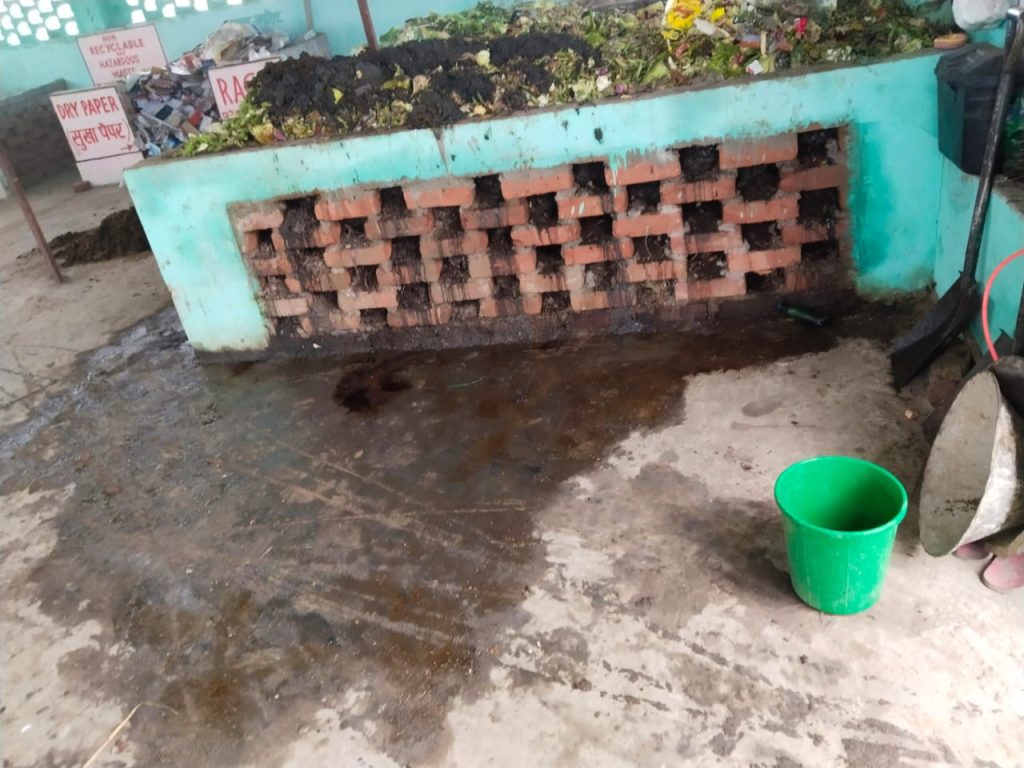
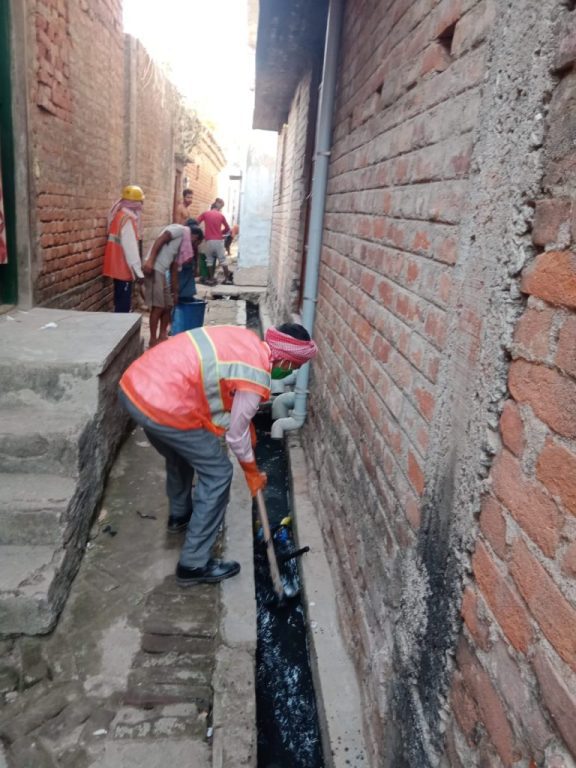
SUSTAINABILITY CHALLENGE
“To maintain all the assets and pay the sanitation worker, we need funds. The existing fund is not enough. So, we have made it into a paid service. We collect Rs. 30/month under ‘User Charge Collection’,” the officer said. Till now Rs. 4 lakh has been collected from the households, besides Rs.1-1.5 lakh from various waste processing units.
Although it is still a long way to go, but as they say “a thing begun is half done”.

